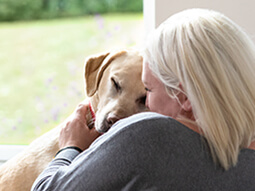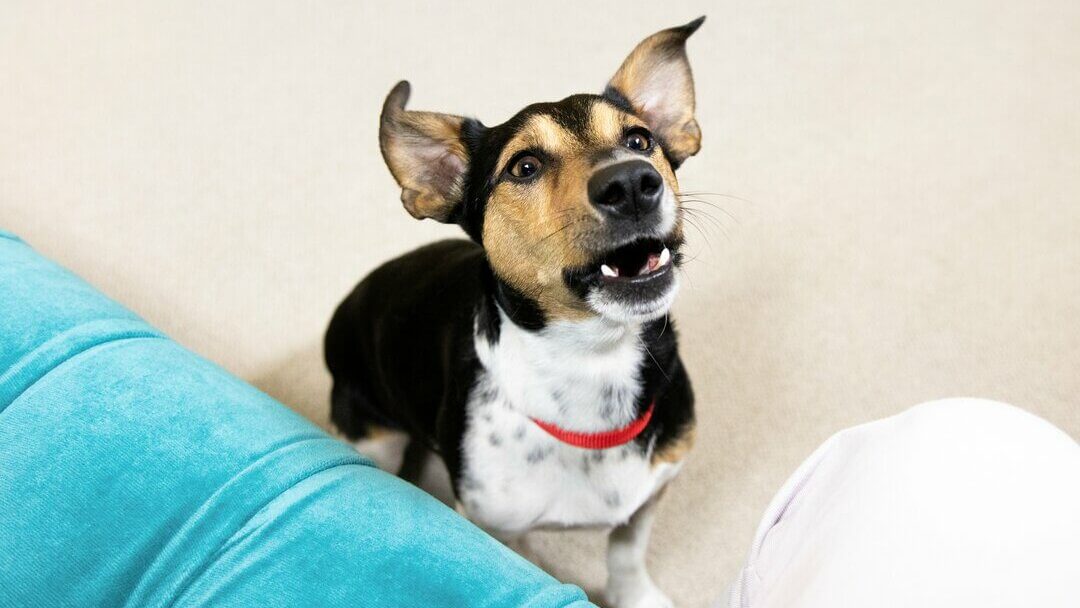

De-sexing
The decision to de-sex is one of the most significant aspects of pet care a dog owner can provide. De-sexing is known as spaying in female dogs and neutering in male dogs. De-sexing is performed by a veterinarian and is best carried out on your dog while he or she is still young.

Benefits of De-sexing
Spaying your dog before she has her first ‘heat’ cycle has been proven to reduce the risk of mammary and ovarian tumours and reduce the risk of uterine infection. Spayed dogs are generally more affectionate, playful and relaxed. They are less likely to be aggressive and are usually more manageable in their training and temperament.
Neutering male dogs reduces the risk of them developing testicular cancer, and they are less likely to suffer complications associated with the prostate, including cancer, infections or enlargement as well as hernias associated with testosterone. Neutered dogs are less likely to be aggressive and mark their territory with urine. Having dogs neutered also reduces the population of unwanted puppies.
Weight gain
Some people are reluctant to de-sex their dogs because they think it causes weight gain. Spaying and neutering does not directly cause dogs to gain weight and will not normally affect their activity levels. If your dog does gain weight after de-sexing you can increase their activity levels and try feeding a weight management diet (such as PRO PLAN Weight Management, PURINA ONE Healthy Weight or BENEFUL Healthy Weight) which will help reduce calorie intake and minimise weight gain.












